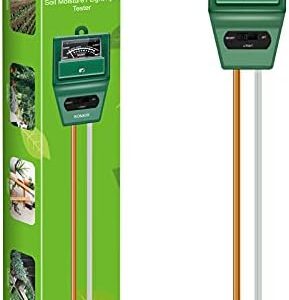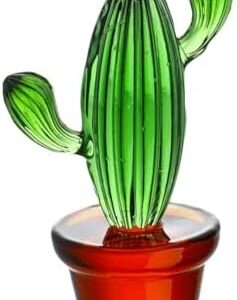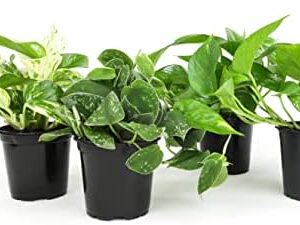Have you ever dreamed of having a beautiful garden full of lush, healthy plants but didn’t know where to start? If so, then organic gardening might be the answer for you. Organic gardening is not only good for the environment but also for your health, as it eliminates the use of harmful chemicals that can harm both you and the plants.
So, what exactly is organic gardening? In a nutshell, organic gardening involves using natural methods to grow and maintain plants without the use of synthetic chemicals. This means using things like compost, mulch, and natural pesticides to help plants thrive and stay healthy.
If you’re new to organic gardening, it can seem overwhelming at first. But fear not, we’re here to help! Here are some tips and tricks to get you started on your journey to creating a vibrant and thriving organic garden.
1. Start with the right soil
One of the most important aspects of organic gardening is having healthy soil. Healthy soil is the foundation for healthy plants, so it’s important to start with the right kind of soil. Make sure your soil is rich in organic matter, which can be achieved by adding compost or other organic materials. You can also test your soil to see what nutrients it may be lacking and adjust accordingly.
2. Choose the right plants
When starting your organic garden, it’s important to choose plants that are well-suited for your climate and growing conditions. Native plants are a great option as they are adapted to your specific region and are more likely to thrive without the use of chemicals. Additionally, planting a variety of plants can help create a balanced ecosystem and reduce the risk of pests and diseases.
3. Practice crop rotation
Crop rotation is a key practice in organic gardening that helps prevent the depletion of nutrients in the soil and reduces the risk of pests and diseases. By rotating your crops each season, you can help maintain soil fertility and reduce the need for synthetic fertilizers and pesticides.
4. Use natural pest control methods
Instead of relying on harmful chemicals to control pests in your garden, try using natural pest control methods. This can include things like introducing beneficial insects, using traps, or creating physical barriers to deter pests. Additionally, growing plants that attract beneficial insects like ladybugs or praying mantises can help keep harmful pests in check.
5. Water wisely
Proper watering is essential for the health of your plants, but it’s important to water wisely in order to conserve water and prevent water waste. Water your plants deeply and infrequently, rather than shallowly and frequently, to encourage deep root growth. Additionally, consider investing in a rain barrel to collect rainwater for watering your plants, as this is a sustainable and eco-friendly option.
6. Mulch, mulch, mulch
Mulching is a great way to improve soil health, retain moisture, and suppress weeds in your garden. Organic mulches like straw, leaves, or wood chips can help regulate soil temperature, prevent erosion, and add nutrients back into the soil as they break down. Just be sure to replenish your mulch regularly to maintain its effectiveness.
7. Compost, compost, compost
Composting is a cornerstone of organic gardening and is an excellent way to recycle organic waste into nutrient-rich soil for your plants. Compost can help improve soil structure, retain moisture, and add essential nutrients for plant growth. Start a compost pile with kitchen scraps, yard waste, and other organic materials, and watch as your garden thrives with the help of this natural fertilizer.
8. Be patient and observant
Organic gardening is not a quick-fix solution, but rather a long-term commitment to creating a sustainable and healthy garden. Be patient with your plants and give them the time and care they need to thrive. Additionally, take the time to observe your plants regularly for any signs of pests, diseases, or nutrient deficiencies so you can address them promptly and effectively.
In conclusion, organic gardening is a rewarding and sustainable way to grow healthy plants while minimizing harm to the environment. By following these tips and tricks, you can create a vibrant and thriving organic garden that will bring joy and beauty to your home. So roll up your sleeves, dig in the dirt, and start your organic gardening journey today!






